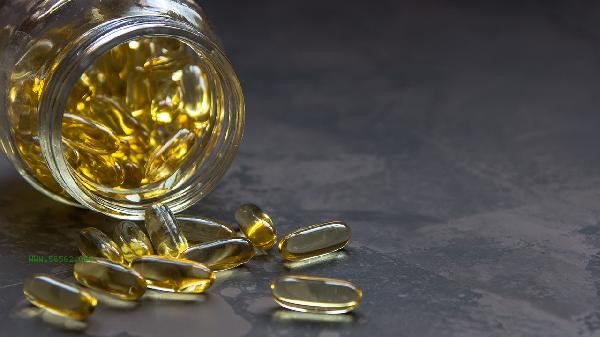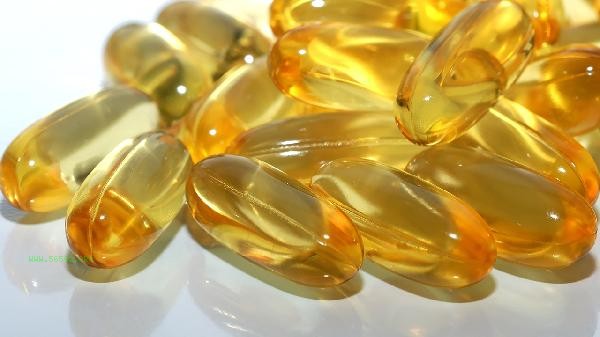DHA algae oil and fish oil each have their own advantages, and the choice should be based on individual needs and physical condition. Algae oil is suitable for vegetarians, people with fish allergies, and pregnant women, while fish oil is more suitable for the general population who need to supplement EPA and DHA comprehensively. DHA algal oil is directly extracted from marine microalgae, without the risk of heavy metal pollution that fish may carry, and DHA has high purity, making it suitable for people who pursue pure sources. Algae oil does not contain EPA and is more suitable for pregnant women and infants, as EPA may affect fetal development. The production process of algal oil is more environmentally friendly and suitable for people who value sustainable development. Algae oil has a lighter taste and is suitable for people who are sensitive to fishy odors. Algae oil is suitable for long-term use and has a positive impact on cardiovascular health. Fish oil contains two types of Omega-3 fatty acids, EPA and DHA. EPA has anti-inflammatory effects and is suitable for middle-aged and elderly people as well as those at high risk of cardiovascular disease. The DHA content in fish oil is relatively low, but EPA helps reduce triglycerides and is suitable for people with high blood lipids. Fish oil may contain trace amounts of heavy metals, so it is necessary to choose products that have undergone strict purification. Fish oil may cause hiccups, reflux, and fishy odor, which may be uncomfortable for those who are sensitive to the odor. Fish oil is suitable for people who need to improve both inflammation and brain health simultaneously. When choosing DHA algae oil or fish oil, one should consider their own dietary structure, health status, and special needs. Vegetarians, pregnant women, and those who are allergic to fish are more suitable for algae oil, while those who need a comprehensive supplement of EPA and DHA can choose fish oil. Regardless of which one is chosen, product quality should be ensured and third-party certified products should be prioritized. Omega-3 fatty acids can also be supplemented in daily diet by consuming foods such as deep-sea fish and flaxseed, but attention should be paid to moderate intake to avoid excessive intake and increased risk of gastrointestinal discomfort or bleeding.











Comments (0)
Leave a Comment
No comments yet
Be the first to share your thoughts!